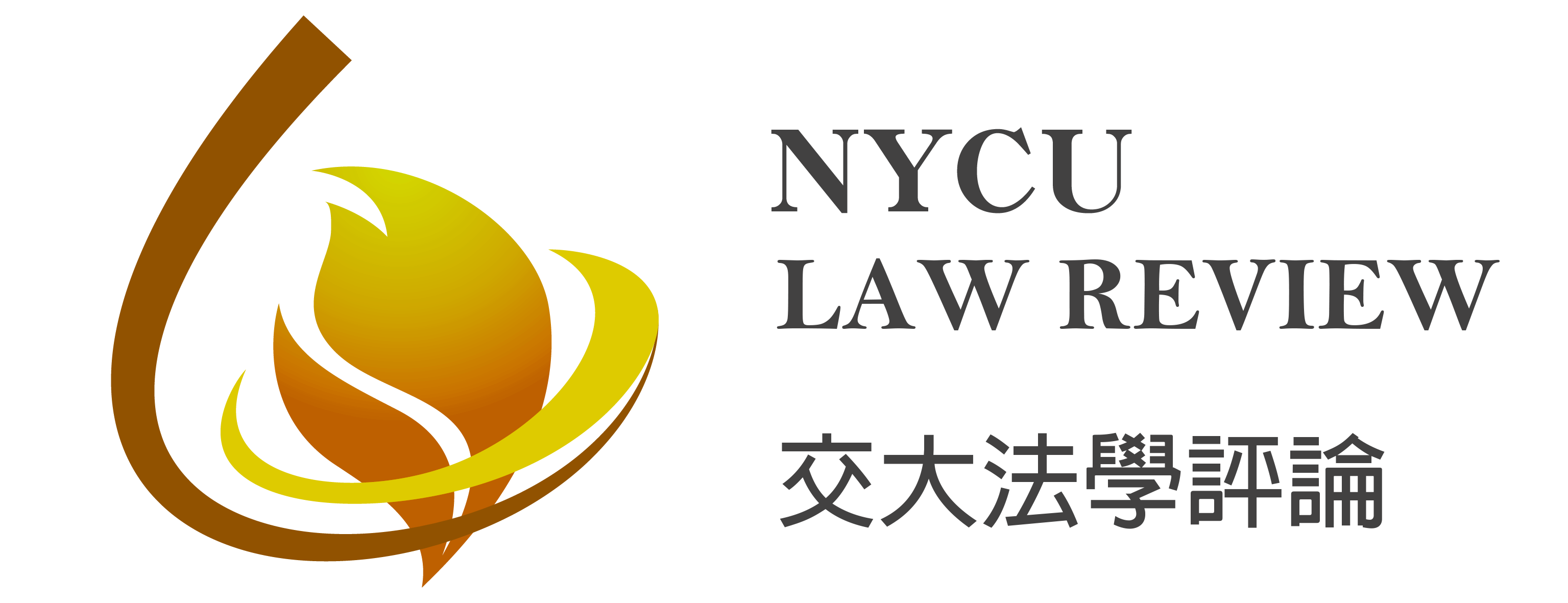| Title | |
| Copyright Protection for TV Program Format | |
| Author | |
| Ruey-Hsing Chang | |
| Keywords | |
| TV Program Format, Idea/Expression Dichotomy, Copyright Plagiarism, Compilation Works, Feist Publications v. Rural Telephone Service Co. | |
| Abstract | |
| International licensing of TV program formats is worth hundreds of billions of dollars. The lack of legal consequences for plagiarizing another’s program format naturally leads to a great tendency to engage in copyright infringement. Most international courts support that an advanced published TV program format which is definitely not a simple idea but a more concrete expression is eligible for copyright protection because of its high resource investment and strong economic incentive for creators. This article argues that if an creative compilation of “facts” can be protected, according to the US Supreme Court Case in Feist Publications v. Rural Telephone Service Co., an creative compilation of “ideas” must also be worthy of protection. Along with analyzing international cases and Idea/Expression Dichotomy, this article concludes that if creativity and specificity is shown in a TV program format by applying creative selection and arrangement of what idea to include or exclude and the audience can easily sort out the TV program itself as the same serial of program by recognizing the specificity of structure, sequence, organization and style, copyright protection shall apply to the TV program format. |
|
| Abstract | Article |
|
184 Downloads |
1593 Downloads |
